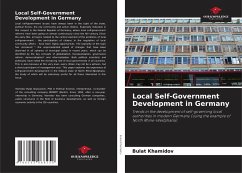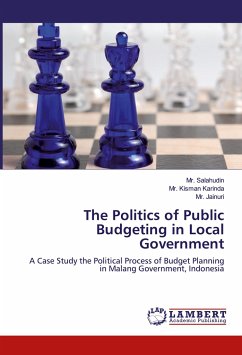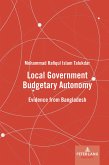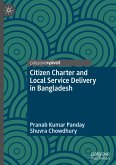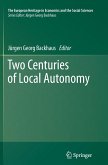Local self-government issues have always been in the sight of the state, political forces, the city community and active citizens. Especially indicative in this respect is the Federal Republic of Germany, where local self-government reforms have been going on almost continuously since the XIV century. Since the early 90s, all topics related to the central element of the problems of local self-government - the participation of citizens in the regulation of local community affairs - have been highly opportunistic. The topicality of the topic has increased "...the unprecedented speed of changes that have been observed in all spheres of municipal policy in recent years, which can be identified by the key concepts of globalization, Europeanization, governance reform, democratization" and informatization. Both political scientists and politicians have noted the increasing role of local governments in all countries. This is also because at this very level, every citizen may not be a witness, but a direct participant of management acts. This paper explores the experience of self-government development in the federal state of North Rhine-Westphalia, the study of which will be extremely useful for all those interested in this issue.
Bitte wählen Sie Ihr Anliegen aus.
Rechnungen
Retourenschein anfordern
Bestellstatus
Storno

